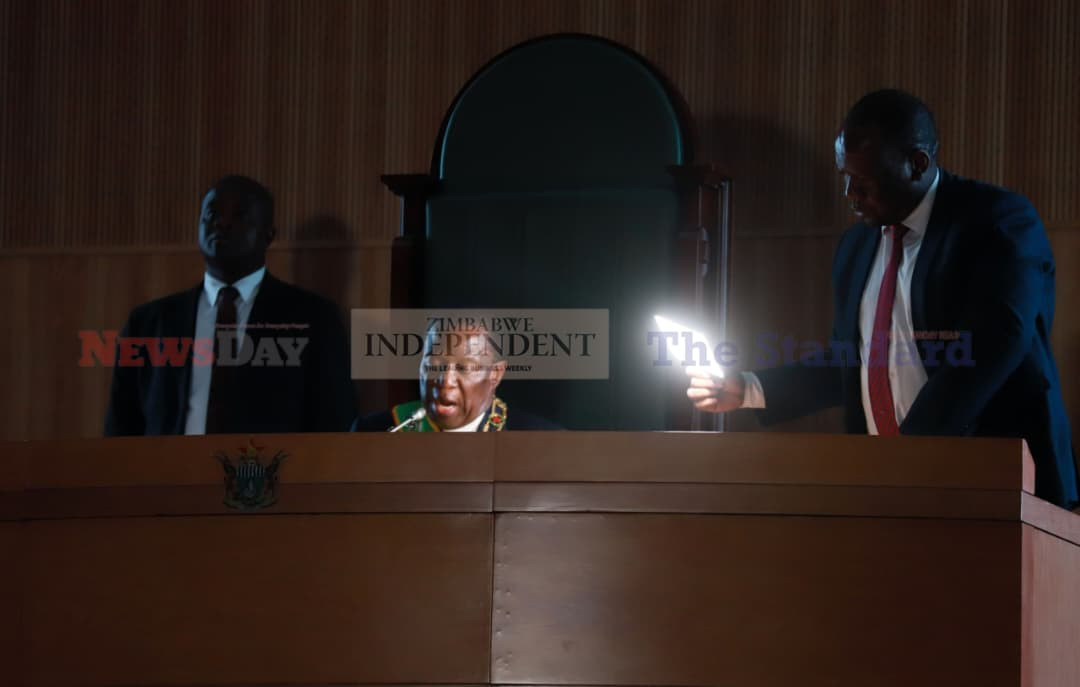
IN an ever evolving and complex organisational landscape, it is crucial that businesses have the right talent to drive sustainable success.
In recent years, the business environment has changed at a rapid pace, and so have organisational requirements.
As a result, the skillsets for professionals, such as accounting and finance, have also undergone change, necessitating that the professionals broaden their skills to keep up with the change and broaden their careers.
Fortunately, for accounting and finance professionals, navigating change has always been the order of the day. Therefore, upskilling should come easily to them.
Below are the skills that the profession needs to have to better succeed in the current business landscape.
Data analytics
To remain at the heart of the strategic decision-making process, accounting and finance professionals need to go beyond just using data analytic tools to interpret data, towards developing an understanding of how they work, or at least what the analysis they point to is derived from.
That is not to say they must become confident in Python coding, for example, but they need to have enough knowledge to add value as a trusted partner and data curator. The professionals need to do better at communicating findings, especially to a non-financial audience and even more importantly when discussing non-financial data, which will form an increasing part of their workload.
- Public relations: How artificial intelligence is changing the face of PR
- Queen Lozikeyi singer preaches peace
- Public relations: How artificial intelligence is changing the face of PR
- Business opinion: Branding through Artificial Intelligence
Keep Reading
This way, the profession will not only produce accurate analysis, but will also influence decision making within the business.
Evaluating technology
It is no secret that there are significant productivity gains to be made by applying technology like Artificial Intelligence (AI) and automation to back-office functions, and that many companies are already on this journey. By 2026, Gartner predicts that over 80% of enterprises will have used some form of Generative AI in production environments. That is up from less than 5% in early 2023.
However, finance and accounting professionals need to think more deeply about how digital transformation affects the whole organisation, and the role they play in it. The profession often focuses on what tech can do within the finance function, but what about its role in commissioning and evaluating IT projects?
What KPIs are being used for, and how is the business model going to adapt in response to new technology? Mastering these issues could be a pathway for finance teams to significantly increase the value they add to organisations in the future.
Sustainability agenda
In the current business context, accounting and finance professionals are set to play a bigger role in their organisations’ sustainability agenda.
Stakeholder demand is leading to sustainability reporting moving from being voluntary to being mandatory. From January 2024, the new international financial reporting standards IFRS sustainability standards (S1 and S2) became effective.
In multiple jurisdictions, including Zimbabwe, Ghana and Nigeria, sustainability reporting is becoming mandatory. These reporting regimes are still developing and will impact the profession significantly.
This is another area where accounting and finance professionals will need to enhance their communication capabilities.
The profession needs to learn to speak the ‘language’ of sustainability and improve how they communicate the new data they will be compiling in a meaningful way, so that their partners can use it to build sustainable organisations, which stakeholders are demanding.
Change is the only constant, bringing both opportunities and challenges for the profession.
To succeed in this environment, accounting and finance professionals must enhance their data, technology and sustainability literacy to better support their organisations within complex market conditions. Ultimately securing them a position as strategic business partners, who deliver long-term value for their organisations.
Mogoeng is an external relations manager at Association of International Certified Professional Accountants (AICPA). — [email protected], supported by Owen Mavengere, technical director at the Institute of Chartered Accountants of Zimbabwe (Icaz). — [email protected]. This article has been jointly written by AICPA and the Chartered Institute of Management Accountants and Icaz.











